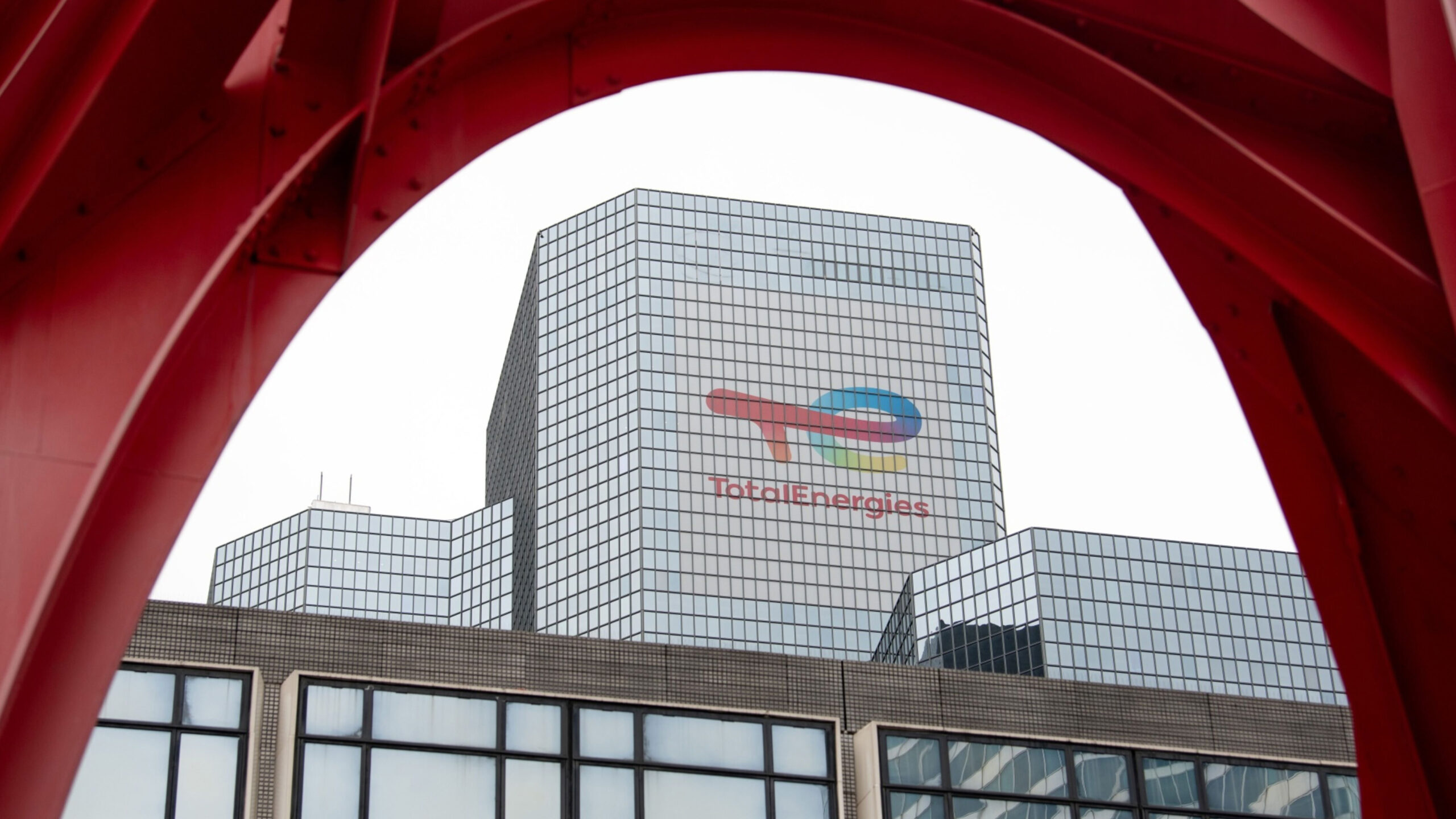
Sell-off of oil majors’ fossil fuel assets may drive up emissions, says research

Oil and gas giants are offloading fossil fuel assets in a bid to bring down their carbon footprints, according to new academic research, but sales to companies with no net zero commitments could ultimately increase emissions.
Existing disclosure standards are not adequately tracking the sell-off of fossil fuel assets by the world’s largest oil companies, according to a new report from the Columbia Center on Sustainable Investment and the Sabin Center for Climate Change Law, which maintains, as its title suggests that “transferred emissions are still emissions”.
Oil majors have been using the sale of their upstream fossil fuel assets to slash their greenhouse gas emissions, in particular Scope 3, according to the two research institutions, which are jointly part of Columbia University’s law and climate schools. In oil and gas, these emissions tend to be linked to the use of sold products, such as the burning of fossil fuels by cars.
Between 2017 and 2021, Scope 3 emissions from assets sold by BP, Chevron, ConocoPhillips, Eni, ExxonMobil, Shell and TotalEnergies accounted for a quarter of their overall Scope 3 emissions during this period, the study says. It warns these assets may be sold to businesses with inferior environmental records, ultimately leading to an increase in greenhouse gas emissions.
“Selling these assets to entities that will continue producing and selling the fossil fuel resources does not necessarily reduce greenhouse gas emissions but the supermajors have used these asset sales to support claims that they are making progress toward reaching net zero greenhouse gas emissions,” the report says.
Transferring emissions
Oil companies are facing rising pressure from investors and activists over their fossil fuel activities. A resolution filed at BP’s April annual meeting calling on the company to adopt greenhouse gas emissions reduction targets received almost 17 per cent of votes, for example, while in May, French bank BNP Paribas announced it would no longer finance new gasfield projects.
Consequently, oil companies are increasing their rate of fossil fuel asset sales, with a third of such deals taking place in 2021, according to the study.
“While multibillion-dollar asset transfers are unlikely to be motivated solely by emissions reduction goals, the transfer of emissions through asset sales may become increasingly common as the supermajors’ emissions come under increasing scrutiny and investors apply more pressure to public companies to offload their dirtiest assets,” says the report.
Out of the supermajors, ExxonMobil conducted the most deals between 2017 and 2021, with most taking place in 2021. It was followed jointly by Shell and TotalEnergies.
Since Scope 3 emissions account for 89 per cent of the global oil and gas industry’s aggregate greenhouse gas emissions, the impact on these deals on oil companies’ Scope 3 emissions is evident. In 2021, five of the studied supermajors conducted asset sales that helped them to reduce their Scope 3 emissions by offloading them.
Negative impact
Most of the deals in the study’s sample involved assets bought by publicly listed companies, which are subject to tougher disclosure requirements than their private counterparts. Listed businesses accounted for 56.6 per cent of the buyers, compared with 27.6 per cent of deals seeing assets going into private hands.
Whether or not the buyer was listed made little difference to the amount of emissions and production data available on each deal.
The researchers discovered the emissions of the sold assets tended to increase after deals were completed. They assessed 35 assets between 2017 to 2019 for which data was available for the three years prior to the transaction, during the year of the deal and two years after it was completed.
The authors said further analysis of the assets following their sales would be required to verify their conclusion as they suggested buyers could be attempting to extract value by accelerating the development of oil and gas fields with a shorter life-span, which would spike emissions in the short term but result in the early retirement of those facilities.
There appears to be evidence that assets are being transferred from companies that have net zero commitments to those that do not. The researchers cited an Environment Defense Fund study that said between 2018 and 2021, more than twice as many transactions transferred oil and gas assets from operators with net zero pledges than the reverse.
Disclosure rules
The Columbia study also observed that companies’ reporting of their emissions rarely tells the full story. Corporates do not generally set out emissions on an asset-by-asset basis, and some assets may represent a substantial source of future emissions while not generating emissions on an annual basis.
The report cited TotalEnergies’ sale of its stake in a Venezuelan subsidiary in 2021 to the subsidiary of a Venezuelan state-owned oil company. In a presentation to investors, chief executive officer Patrick Poyanné said the deal was agreed because TotalEnergies does “not intend to allocate any future capital expenditure to some hydrocarbons, which clearly cannot fit with low cost, low emission oil projects”.
While the transaction was included in TotalEnergies’ environmental reporting, the researchers observed these disclosures “consisted of two short sentences restating the environmental motive for the sale and provided almost no details about the sale’s environmental effect”.
Similarly, the report highlights BP’s divestment from the Prudhoe Bay oil field in Alaska, observing it had, among other reasons, attributed a 10 per cent decrease in its Scope 1 emissions between 2019 and 2020 to this deal. “This acknowledgment was limited to a six-word aside, however, and BP’s reporting contained no disaggregated analysis of the Scope 1, 2 and 3 emissions impact of the Prudhoe Bay sale,” the researchers say.
The report concludes that current disclosure rules in the EU, the UK and the US do not do enough to track oil supermajors’ fossil fuel assets. It recommends improvements to existing emissions reporting frameworks and suggests the creation of reporting requirements that focus directly on assets instead of on corporate structures.
This could help to overcome “the limitations inherent to corporate carbon footprinting and emissions accounting”, it says.
“Solid climate policy needs to be built around a uniform system of accounting that manages emissions,” the Institute for Energy Economics and Financial Analysis’s director of financial analysis Tom Sanzillo wrote in a note, in response to the report.
A Shell spokesperson said: “We agree that action is needed on climate change, which is why we are committed to becoming a net zero emissions energy company by 2050, with short-term targets to track our progress.
“We use well-established processes to guide our assessment of opportunities and risks in transactions, alongside various due diligence checks with a range of stakeholders, including environmental consultants, to assess impacts on the environment, society at large, and local communities.”
Eni rejected the contents of the report, with a spokesperson adding: “Eni has not engaged, and does not plan to engage, in asset sales with the purpose of emission reduction. Asset sales made by Eni (as well as acquisitions) derive from the usual portfolio management.”
BP, Chevron, ConocoPhillips, ExxonMobil and TotalEnergies have been contacted for comment.
Similar Articles

In Brief: EU directs funds to sustainable fisheries; ethical tax standards released

In Charts: Canada, Japan, South Korea ‘blocking clean energy transition’ with fossil fuel finance


